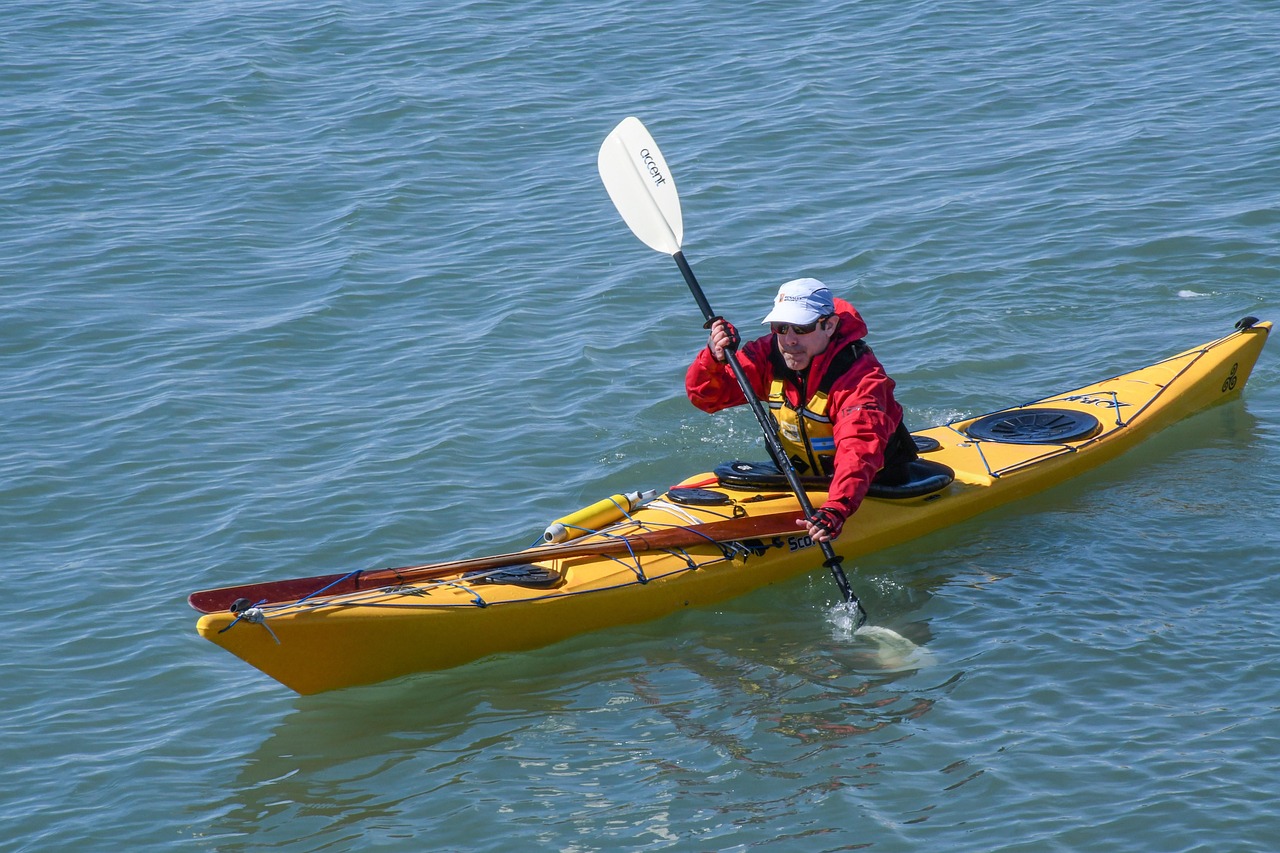
October 29, 2025| Community, Safety
By: Holly Odgers
If you love getting out on the lake, even as the weather cools, here’s a friendly reminder that New Jersey’s Mandatory Cold Weather PFD Wear Regulation goes into effect on November 1.
From November 1 through May 1, the State of New Jersey requires that every person aboard a recreational vessel under 26 feet, including rowboats, canoes, kayaks, and stand-up paddleboards, must wear a securely fastened, U.S. Coast Guard-approved personal flotation device (PFD) whenever the vessel is in motion. The only exception is for individuals inside cabin vessels.
This regulation, enforced by the New Jersey State Police Marine Services Bureau, was adopted in 2023 to prevent hypothermia-related deaths and reduce risks for first responders during cold-water rescue operations.
For additional details and FAQs from the New Jersey State Police Marine Services Bureau, click HERE.
Cold water can be dangerous, even experienced boaters aren’t immune. Immersion in cold water quickly saps strength, impairs coordination and judgment, and can even cause cardiac arrest. Always wear proper gear and a life jacket, and follow the cold-water safety guidelines from the National Safe Boating Council.
Stay safe and enjoy the lake!